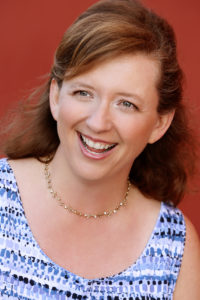
Throughout our lives, desire acts as a powerful force, as we infuse our goals with meaning and purpose. Our innate protection mechanisms often stand as barriers, though, hindering our progress and holding us back. How can we integrate effectively these contrasting forces and still move forward successfully? Let us delve into this interplay.
Desire for Success: A Motivational Engine
Desire serves as the fuel that ignites our ambitions, pushing us beyond our comfort zones towards greater growth. Whether it is professional advancement, personal development, or nurturing relationships, our desires are deeply rooted within us. Desire motivates action, fosters resilience, and shapes our visions for a brighter future.
We need more than desire alone to receive success. Strategic planning, perseverance, and taking inspired action steps help us to overcome obstacles along the way.
Protection Mechanisms: Navigating Self-Preservation
In a push-pull relationship with our aspirations, our psyche comes equipped with protective mechanisms aimed at safeguarding our well-being. These mechanisms, ingrained through evolution, manifest as fear of failure, self-doubt, or reluctance to step beyond what is comfortable. While essential for survival, they can also inhibit growth and progress.
Acknowledging these protective instincts is crucial. Awareness allows us to recognize when these safeguards get triggered and yet all the while appreciating their underlying motives.
Achieving Integration: Finding the Balance
To integrate desire and protection effectively, several steps can be taken:
- Awareness: Recognize when protective mechanisms are at play and understand their root causes. This awareness empowers us to confront and transcend these barriers.
- Be Thankful for the Fear: Rather than allowing fear to paralyze us, view it as a natural response to the unknown. Use fear as a motivator for growth and resilience.
- Practice Self-Compassion: Success often involves setbacks. Cultivate self-compassion to navigate challenges with grace and learn from experiences.
- Allow Vulnerability: Stepping into vulnerability opens doors to new opportunities. Take risks, acknowledge mistakes, and seek support when needed.
For your consideration:
Visualize it all working out plus visualize yourself taking the incremental steps to get you there. As with a GPS, allow it to be a navigational tool – guiding you turn by turn, toward your intended destination. It is both the journey and the destination that matters. And, remember to leave room for fluidity, for adjustments, if and as conditions change – you always reserve the right to make course corrections.
Living by design, with intention, focused and at ease, can be immensely satisfying.
In the intricate weave of life, balancing our desire for success with our inherent protective instincts is an essential skill. And, it is one that you can cultivate at will. By integrating these contrasting forces, we unlock our full potential and move forward with self-assurance.
Success is not just about reaching goals; it is about embracing the journey with courage and determination. I invite us all to navigate this delicate path with resilience and purpose, moving closer to our aspirations while remaining grateful for the guardrails that aim to keep us from harm.
Okay, your turn:
When have you found yourself fulfilling your aspirations consciously, and doing so despite the fears that inevitably arise when you are taking on a new challenge?
I invite you to share your observations, feelings, and experiences by leaving a Reply in the Comments section, below. Soul-to-soul!
© 2024 Lori A. Noonan. All Rights Reserved.

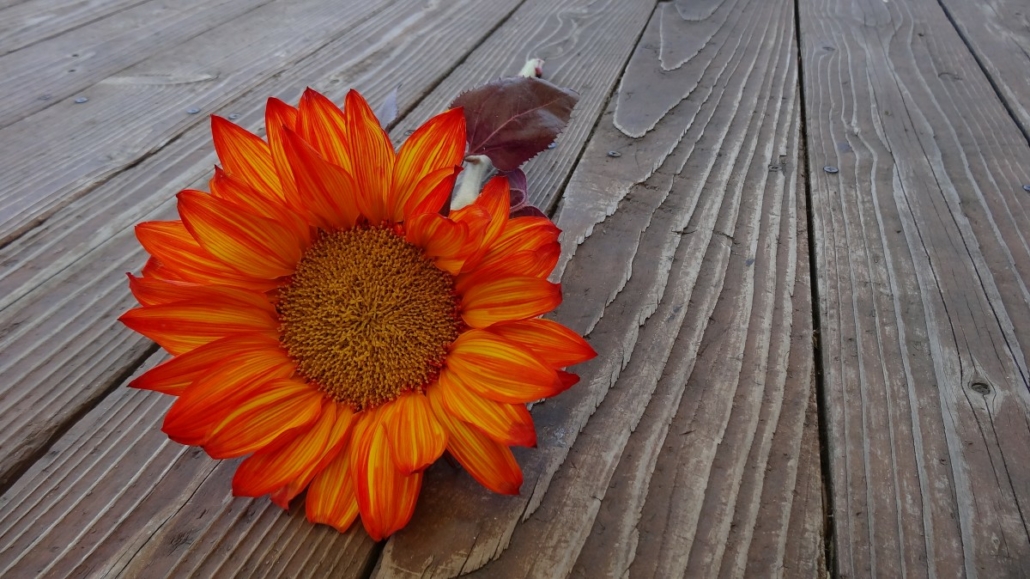
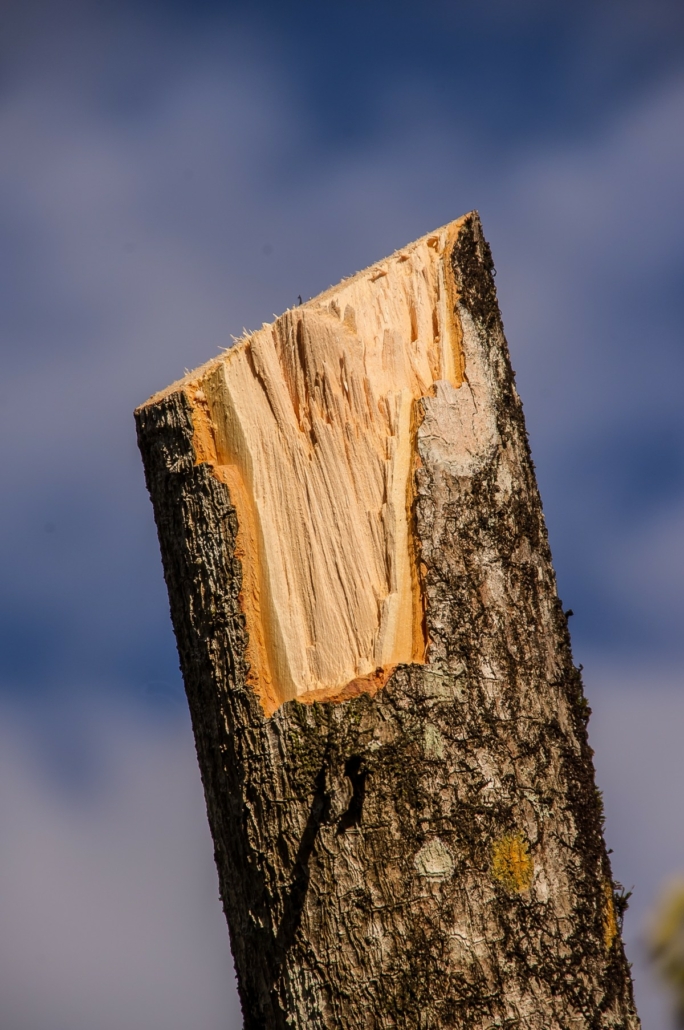
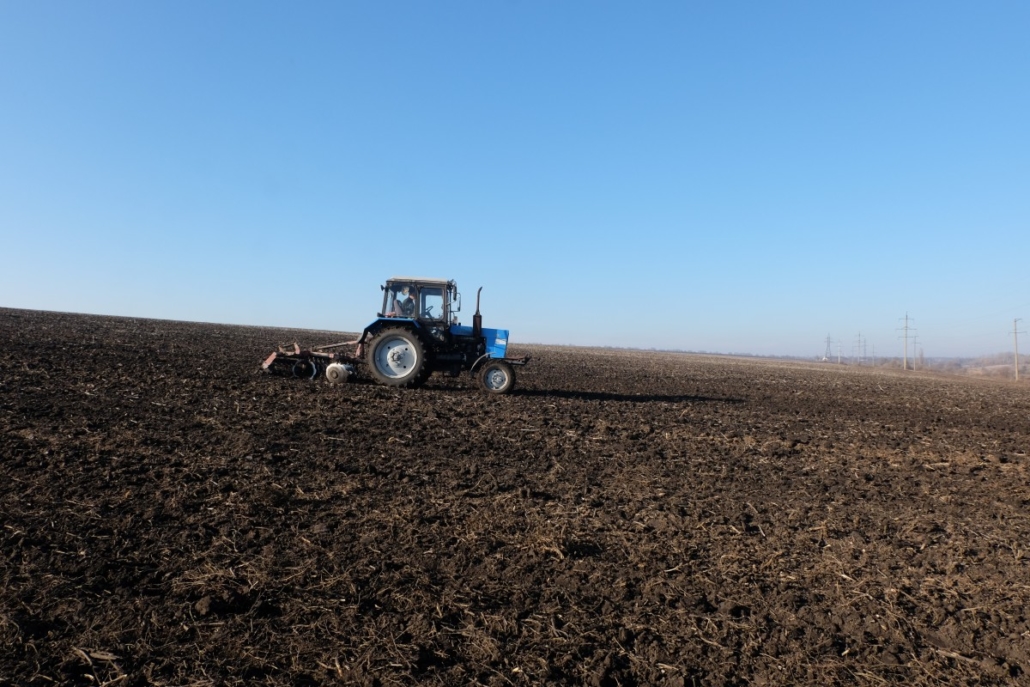



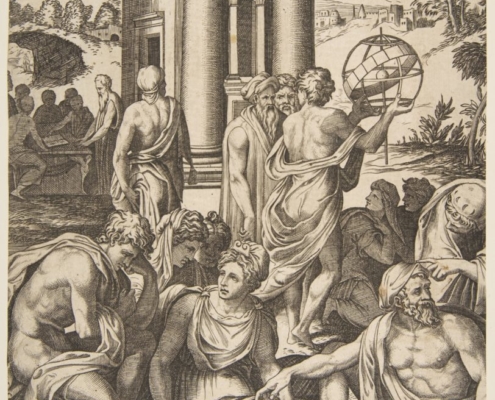 In Ancient Athens, considered the center of polis (think politics) and the birthplace of democracy, towns people would come together to create coalitions and build upon a shared sense of morals and high conduct. There was an emphasis placed on being a good citizen. Public discourse was encouraged and carried the day. History tells us that Ancient Athens eventually unraveled due to increasing corruption and resulting cynicism. So, what can we learn from Athens’ later societal crumbling and decline?
In Ancient Athens, considered the center of polis (think politics) and the birthplace of democracy, towns people would come together to create coalitions and build upon a shared sense of morals and high conduct. There was an emphasis placed on being a good citizen. Public discourse was encouraged and carried the day. History tells us that Ancient Athens eventually unraveled due to increasing corruption and resulting cynicism. So, what can we learn from Athens’ later societal crumbling and decline? For your consideration:
For your consideration: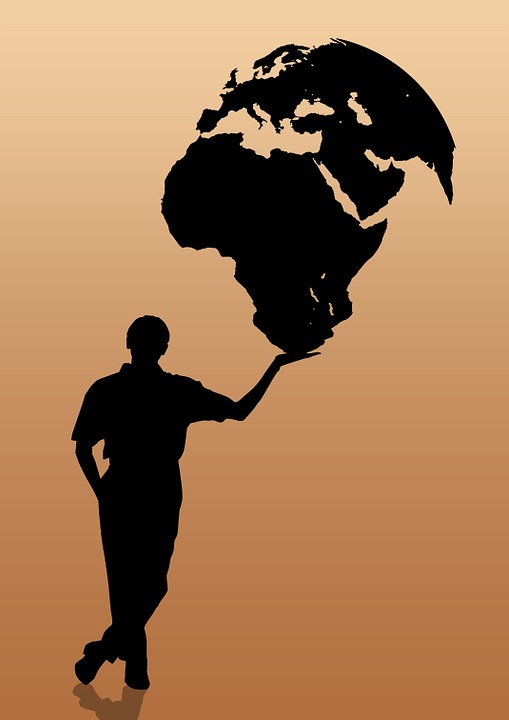
 All that pulling myself up by my own boot straps, however, did take its toll. It took me years of life living and deep spiritual growth to excavate and repair the broken threads of mistrust and to allow others to support me in healthy ways. It took me awhile to get out of survival mode and into thriving mode in a way that invited others in to help shoulder the load. Even now, sometimes the heaviness of ‘decision fatigue’ threatens to pull me down into the depths of metaphoric quick sand.
All that pulling myself up by my own boot straps, however, did take its toll. It took me years of life living and deep spiritual growth to excavate and repair the broken threads of mistrust and to allow others to support me in healthy ways. It took me awhile to get out of survival mode and into thriving mode in a way that invited others in to help shoulder the load. Even now, sometimes the heaviness of ‘decision fatigue’ threatens to pull me down into the depths of metaphoric quick sand.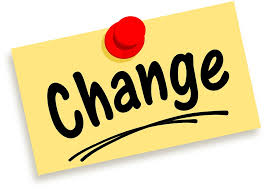

 It’s a particularly energetically charged time in the United States, as evidenced by recent politically volatile and even at times highly venomous and violence-infused protests, and counterprotests, resulting in understandable public outcries and feelings of despair and disbelief.
It’s a particularly energetically charged time in the United States, as evidenced by recent politically volatile and even at times highly venomous and violence-infused protests, and counterprotests, resulting in understandable public outcries and feelings of despair and disbelief. What if duality were no longer how we positioned things? What if we were to approach these political divides from a place of universality, instead? As humans, after all: We share the same air, bleed the same blood, shed the same tears.
What if duality were no longer how we positioned things? What if we were to approach these political divides from a place of universality, instead? As humans, after all: We share the same air, bleed the same blood, shed the same tears.